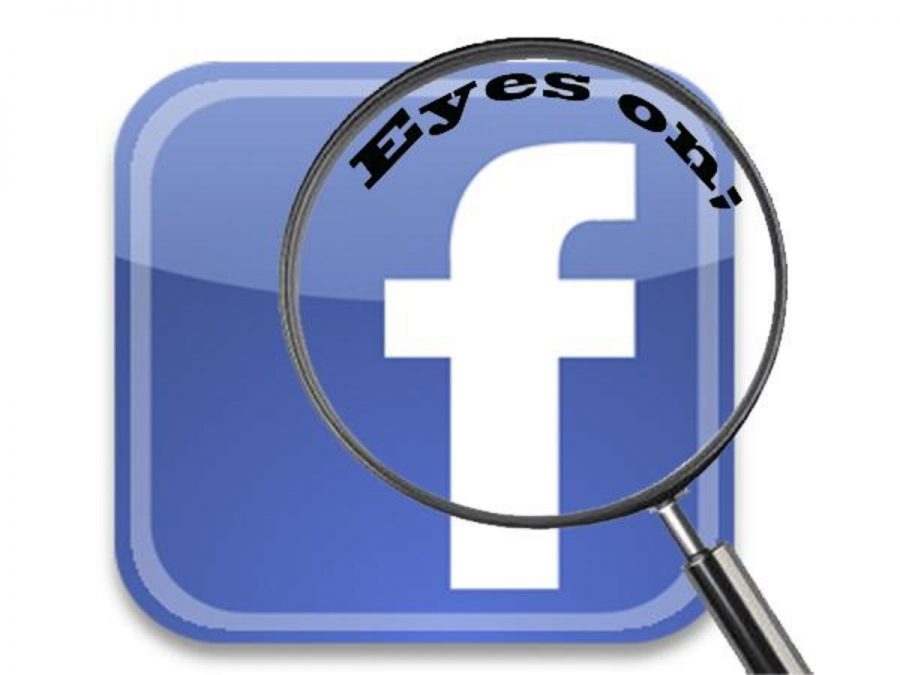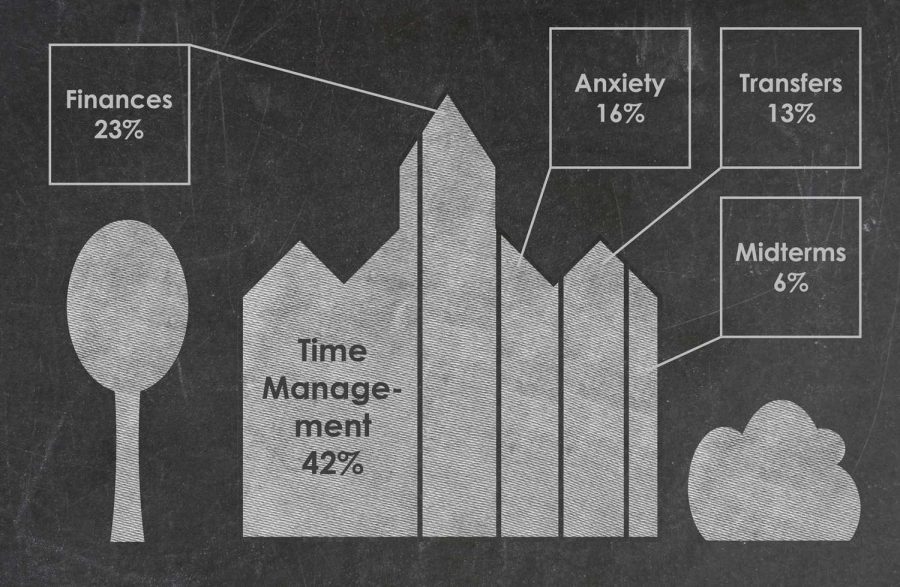Whether one is willing to admit it or not, Facebook has become a phenomenon that rules the lives of college students, becoming an addictive force.
Able to be checked or updated at school, home, work, or in the car, Facebook’s accessibility empowers the scope of its influence. However, the action of checking Facebook is the real problem. During a midterm, in the bathroom, while driving, at the dinner table; these are probably some of the worst times to be on a social networking website.Although checking your Facebook can be considered an increasingly bad habit, the most irresponsible action a Facebook user can commit is to perpetuate useless information.
Brian Mo, a 20-year-old Kinesiology major, is an avid Facebook user and admits to spending more than enough time on this social network. However, he thinks that most posts are redundant.
“Annoying people post things that no one cares about,” said Mo. “It’s sad that people can only talk on Facebook and not in person.”
These days, users post quotes, lyrics, daily routines and weather reports. This type of information simply could be found anywhere online, but I guess a play-by -play report of a user’s day can only be found on Facebook, so go ahead post away. I’m sure everyone loves reading that a user is “walking my dog,” or “doing laundry.”
If it’s raining I will be well aware of it when I walk outside. I do not need to log on to Facebook and read 18 weather reports in a row saying, “Omg it’s raining wtf?”
Although, even more irritating are those who reinforce this behavior by “liking” these perpetuators of useless information. I admit, I have been known to post unnecessary information, and most of us have, but, looking back now I wonder why I felt the need to share certain information with my “friends.” There is no logical explanation that I can come up with but, it happens.
Nicole D’Elia, 20-year-old, Business major thinks that the credibility of a person’s character is affected by what they post on Facebook.
“Even if I like the person, if they post something stupid it makes me change my perspective on them,” said D’Elia. “Honestly, I don’t want to hear certain problems.”
Some things are better to be left un-posted. Always leave a little curiosity for others; there is no need to spill out every thought that pops in your head (that’s what Twitter is for).
“It’s also irritating when people talk bad about each other,” said D’Elia. “Even if they don’t use names everyone knows who they are talking about.”
Posting things of this nature can be childish and even harmful to others. What’s worse than this is when posts actually hinder the person attempting to make a point.
Sam Hucker, 20-year-old, Kinesiology major believes that certain posts can affect your chances of employment.
“Future employers can look at your Facebook and see if you are partying all night waking up late the next day,” said Hucker. “People should probably censor what they say.”
Even with custom privacy settings, there is always a possibility that the information you post can be leaked to hundreds of eyes.
Candice Larson, Film, TV and Media Professor at Moorpark College thinks that students should be well aware of the consequences that certain posts can have. Information or pictures referring to drugs and alcohol can be especially harmful said Larson.
“Pictures and posts can be deemed indecent,” said Larson. “Anybody can use it and perhaps not in a good way.”
I think most will agree that boredom is the main cause for the unnecessary amount of time spent on Facebook, and no one wants to seem like an ass finding the nice way to tell your friends truthfully that they’re boring when the simple solution would be to just go do something. “Like” this comment, if you agree.







